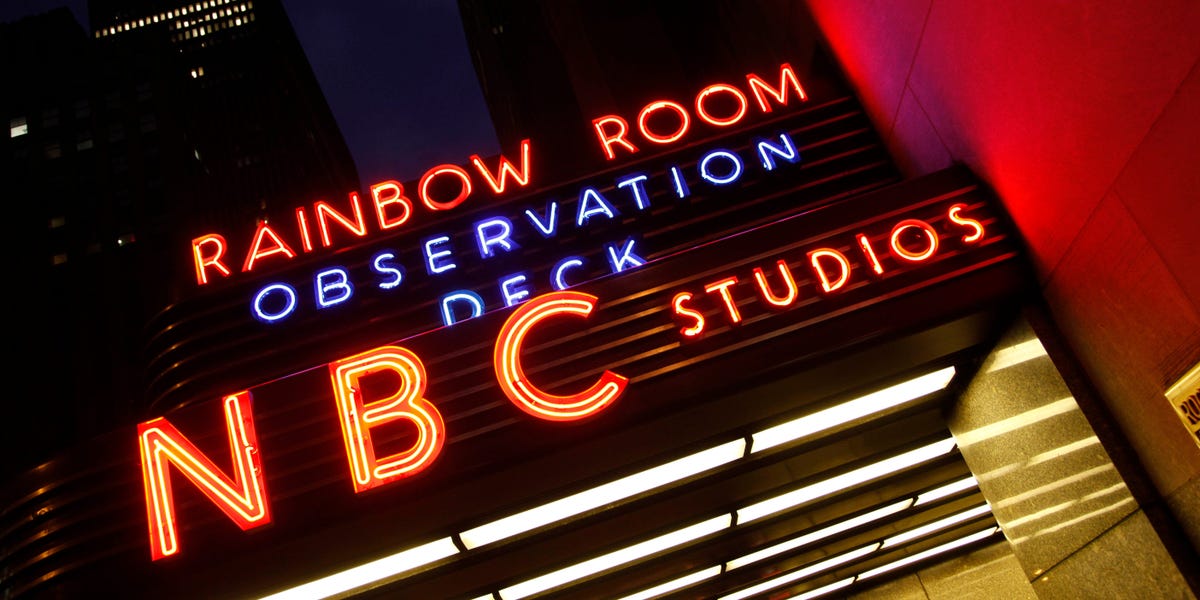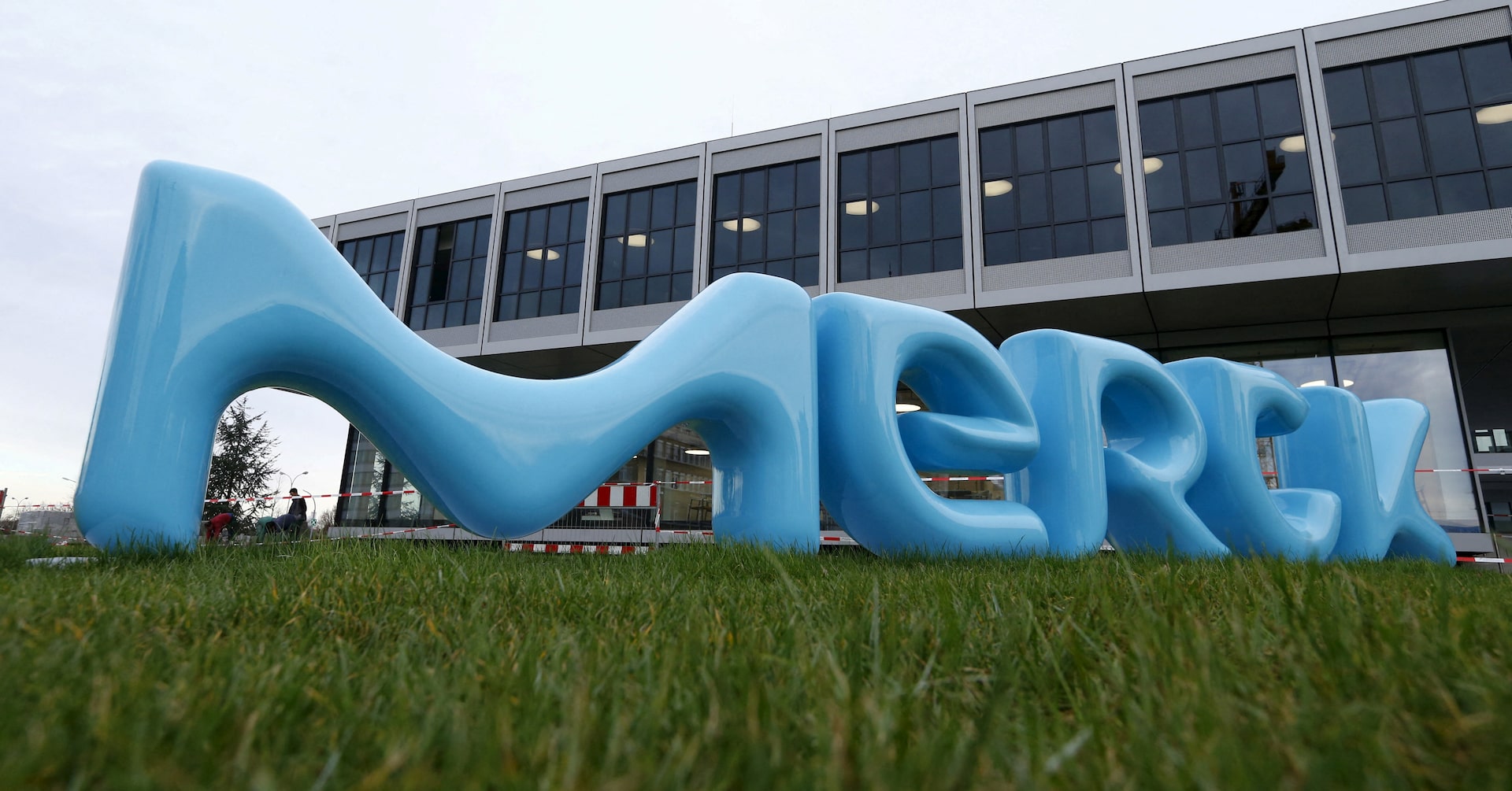Breaking: NBCUniversal Drops Bombshell 4-Day Office Return Policy

In a bold move that echoes recent industry trends, NBCUniversal is set to reshape its workplace strategy by requiring hybrid employees to return to the office four days a week in early 2026. This decision comes on the heels of Paramount's recent announcement mandating a full five-day return to office (RTO) policy.
The media giant's approach signals a significant shift in corporate work culture, reflecting a growing trend among entertainment and media companies to prioritize in-person collaboration. By implementing a four-day office requirement, NBCUniversal appears to be offering a slightly more flexible approach compared to Paramount's full-time office mandate.
This strategic decision underscores the ongoing debate about workplace flexibility in the post-pandemic era. While many companies continue to experiment with remote and hybrid work models, NBCUniversal is taking a definitive stance on the importance of in-person interaction and team dynamics.
Employees and industry observers will be watching closely to see how this policy impacts productivity, employee satisfaction, and the company's overall organizational culture. The move is likely to spark conversations about the future of work and the balance between remote flexibility and in-person collaboration.








